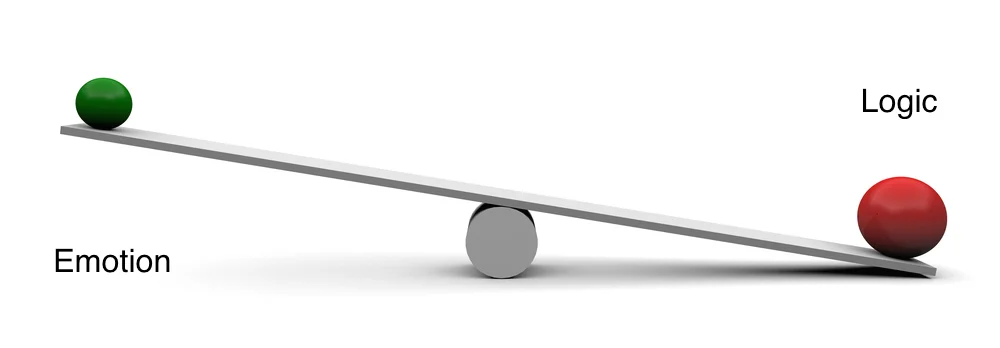


What is DBT?
Scroll Down to Learn More
What is DBT?
Scroll Down to Learn More
What is DBT?
DBT is a framework of skills developed to help you regulate your life by empowering you with tools so you can regain emotional and situational control. DBT is so effective because it gives you tangible skills in each session that through daily practice, you customize and make your own.
Four Simple Skills Modules
ACCEPTANCE SKILLS
1. Mindfulness
2. Distress Tolerance
CHANGE SKILLS
3. Emotion Regulation
4. Interpersonal Effectiveness
Learn to Balance Your Mind
With each DBT module you will adopt and refine new skills so that you are able to balance and manage new thoughts as they occur. You'll become so comfortable and familiar using these skills that you integrate them into your daily life which will help you feel stronger and more satisfied.
Acceptance + Change
DBT challenges you to step away from your life's edge and get comfortable seeing things with a compromise of acceptance and change. DBT doesn't ask you to stop doing anything, only to pause and question if your participation in the emotion or situation is yielding you your desired result.
DBT pushes you to grow by changing both your mindset and behaviors. It urges you to learn to accept the things you cannot change and understand that just because you accept something doesn't mean you have to agree with it.
With the skills you learn in DBT, you will feel confident knowing that you can successfully navigate any challenges you encounter in life.
SOURCE: THE LINEHAN INSTITUTE / BEHAVIORALTECH

States of Mind
States of Mind
Mindfulness
Mindfulness is bringing one's complete attention to the present experience on a moment-to-moment basis. Some refer to it as being "In the Zone".
When you are Mindful, your brain is quiet and focused, and you observe your thoughts and feelings from a distance, without judging them good or bad. It's very straightforward.
Everyone has Mindful moments, and with proper training, you can learn to be more self aware and to achieve a high level of concentration and focus whenever you choose.
With Mindfulness, we begin by separating our thoughts and behaviors into:
Three States of Mind
The Emotional Mind
The Emotional Mind is driven by feelings. When you are in your Emotional State of Mind, you are unbalanced. You are thinking and behaving with more emotion and not enough logic.
The Rational Mind
The Rational Mind is driven by logic. The Rational State of Mind is also unbalanced. You are thinking and behaving with more logic and not enough emotion.
The Wise Mind
A Wise Mind has a positive balance between emotion and logic. It's the target state of mind for all of us.
Lack of Balance
Millions of people teeter totter back and forth, unable to find the sweet spot between emotion and logic. It’s a common problem that causes undo stress in individuals, families, communities, schools, and in business organizations.
For many, bouncing back and forth feels uncomfortable. But it's perfectly natural. We all do it.
Without a certain biological makeup and upbringing, some of us find it more difficult to self-regulate when we are off balance. We need to be trained to get into a Wise Mind to stay in a positive zone of focus.
Whether you believe it or not, many of us struggle with the exact same issues. Emotions are natural and everyone has similar feelings. We live in the past or worry about the future, all the while forgetting to live and focus in the present.
Mindfulness training teaches you skills so that you can learn to balance yourself and achieve a Wise Mind the majority of your waking hours. Mindfulness works for everyone, and over time, with a few minutes of daily practice, you'll learn to balance your mind naturally.







